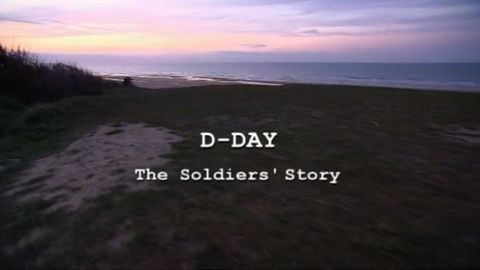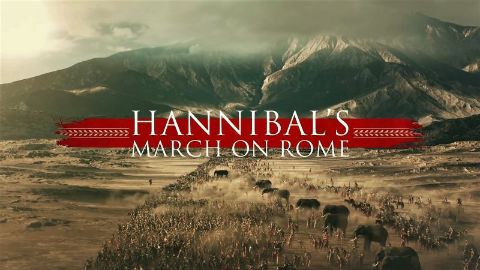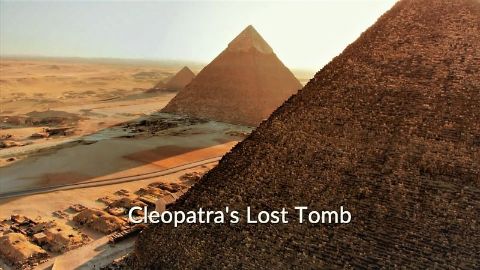Inside World War II • 2012
Day by day. Hour by hour. Second by second. This is the story of last century's bloodiest conflict told in a concise and compelling 3 hour special. Including personal accounts, strategic analysis and rare footage, Inside WWII provides a new and intimate perspective on the experience of war. A soldier's duty is not to reason why; a soldier's duty is to do or die. Inside World War II is the story of the doing and the dying … in the defining conflict of the 20th century. From the producers of the critically acclaimed specials Inside 9/11 and Inside the Vietnam War comes a three-hour television event that provides a detailed visual timeline of this complex war, with personal, in-depth stories from veterans who fought in one of the deadliest conflicts in human history. Inside World War II combines archival footage with more than 50 testimonies from American, British, German and Soviet servicemen; a former member of the Hitler Youth; and Jewish and black Germans who endured persecution under Hitler's reign. Viewers hear from America's first Japanese American senator, Daniel Inouye, in one of his final interviews before passing away, as he describes with haunting candor what it was like to kill someone during battle. "He had on this German hat, so I told the men, 'That's mine.' He was not only my first, but when I think back, I think back with horror because I was proud." Inouye, a Medal of Honor recipient for his service in World War II, goes on to say, "You don't forget the horrors of the war." The explosive first hour of Inside World War II begins in pre-war Germany at the 1936 Olympics, with American distance runner Louis Zamperini describing in an original, never-before-seen interview what it was like to meet Adolf Hitler. "His face, his mustache, the way he combed his hair. I mean he looked like somebody purposely did cosmetics on him for a comedy. He was, to us, a dangerous comedian." The second hour explores the attitudes of soldiers fresh from battle, including Harold Brown, an original Tuskegee Airman who recalls what it was like to fly next to and protect long-range bombers, and Paratrooper Earl McClung, who shares a harrowing tale of being stranded behind enemy lines. Author Benjamin Patton also explains how his grandfather General Patton commanded a ghost army to mislead the enemy, "He was commanding a fictitious Army group that was made up of inflatable tanks and cardboard vehicles, and tents," while General Eisenhower stormed the beaches of Normandy. Inside World War II culminates with the dramatic events of 1945, from Hitler's suicide to the revelation of Nazi concentration camps. And we'll hear Col. Paul Tibbets address the media after dropping the world's first wartime atomic bomb: "We saw this cloud of boiling dust and debris below us with this tremendous mushroom on top. Beneath that was hidden the ruins of the city of Hiroshima." As Lt. Lynn "Buck" Compton, 101st Airborne, US Army (Ret.), in the last interview he gave before his death last year, concludes, "I'm glad I did it. I wouldn't trade it for anything. Not that it was fun, but I think of it as it's a part of my life. And just lucky that I lived through it."
Make a donation
Buy a brother a hot coffee? Or a cold beer?
Hope you're finding these documentaries fascinating and eye-opening. It's just me, working hard behind the scenes to bring you this enriching content.
Running and maintaining a website like this takes time and resources. That's why I'm reaching out to you. If you appreciate what I do and would like to support my efforts, would you consider "buying me a coffee"?
Donation addresses
BTC: bc1q8ldskxh4x9qnddhcrgcun8rtvddeldm2a07r2v
ETH: 0x5CCAAA1afc5c5D814129d99277dDb5A979672116
With your donation through , you can show your appreciation and help me keep this project going. Every contribution, no matter how small, makes a significant impact. It goes directly towards covering server costs.





